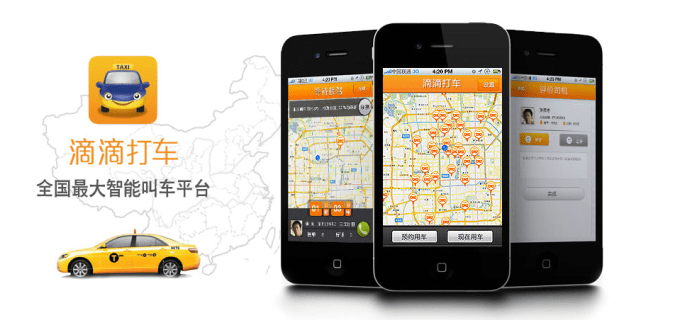No one wants to fight a land war in Asia, not even Uber. It could have burnt mountains of cash battling for market share with local ride app juggernaut Didi Chuxing, between marketing, discounts, and driver incentives.
Instead, Uber surrendered.
It’s sold its UberChina operation to Didi in exchange for a 20% stage in the merged company, while Didi has invested $1 billion into Uber at a stunning $68 billion valuation
Essentially, Uber didn’t think it could own enough of the Chinese market minus the enormous amount it would have spent competing with its new ally to do better than walking away with 20% of Didi.
Eliminating this hole Uber had been throwing money down, the coast is clear for it to IPO. If the deal lets Uber concentrate on winning the rest of the globe, it’s not really a loss to concede China. Just a battle it had to sacrifice as part of Word War Ride.
But there is a loser in the UberChina – Didi Chuxing merger: the Chinese ride app user.
 Without these two super-powers trying to undercut each on ride prices and one-up each other on partner compensation, both drivers and riders are left at the mercy of what looks much more like an on-demand transportation monopoly.
Without these two super-powers trying to undercut each on ride prices and one-up each other on partner compensation, both drivers and riders are left at the mercy of what looks much more like an on-demand transportation monopoly.
Compared to when there was hardcore competition, Didi won’t have to race to improve functionality, from its app interface to its routing algorithms. It won’t have to offer as enticing bonuses to the men and women behind the wheel. And it won’t have to make concessions to get more cars on the road so it always has the shortest wait time.
China, historically lax on local monopolies, isn’t likely to break up a local business winner over anti-trust concerns.
It all makes me thankful that the US has Lyft nipping at Uber’s heels, keeping it on its toes.
Whether it’s Google Search butting out Yelp local results or Facebook’s approach to privacy, we’ve seen how domination of a technology space by one company leaves the masses with less power.
